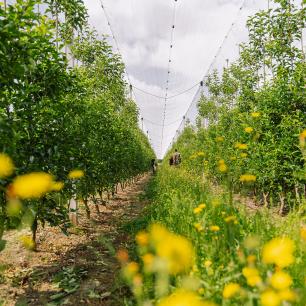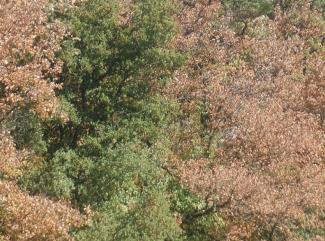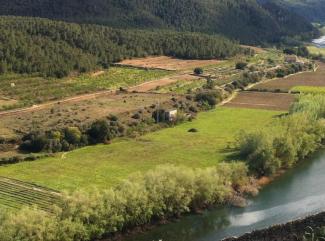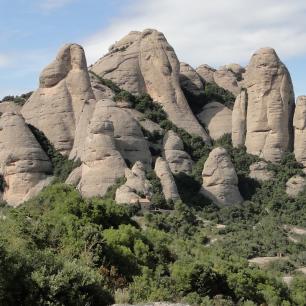Science to policy and management
Science to policy and management
At CREAF, we are dedicated to making the knowledge generated by our applied research truly useful for society. Through research, monitoring and observation, we create valuable environmental information that helps address critical issues such as fire prevention, water pollution and environmental risks.

We use environmental change models and scenario development to understand how forest management can improve ecosystem resilience, as well as to analyze the impact of extensive livestock farming and promote urban greening in cities. With this information, we support decision-making processes, helping to design effective and sustainable policies that benefit our environment and society.
In the framework of science for policy, we lead the transfer of knowledge about biodiversity towards policies, with examples at the regional level that inspire international initiatives. We provide policy recommendations based on our research on Mediterranean ecosystems and the impacts of climate change, thus contributing to more informed and efficient governance.
Discover how science can transform environmental policies!
Related projects
DeBosCat
DeBosCat
Network for monitoring the state of forests in Catalonia. Detected episodes of forest decline linked to drought and other extreme climatic episodes are recorded in a georeferenced manner every year. This initiative helps sustainable forest management and promotes environmental restoration in Mediterranean ecosystems.
MEDACC
MEDACC
MEDACC wants to test innovative solutions to adapt our agroforestry and urban systems to climate change in Mediterranean ecosystems. The project promotes forest management strategies and nature-based solutions to face the impacts of climate change, improving ecosystems' resilience and capacity to sequester carbon.
PROGRESS
PROGRESS
PROGRESS seeks to initiate political change by improving the implementation of political instruments under the Structural Funds programs and other regional strategies dedicated to biodiversity conservation. This includes improving sustainable forest management, implementing adaptation strategies and protecting ecosystem services.
Success stories
Success stories







